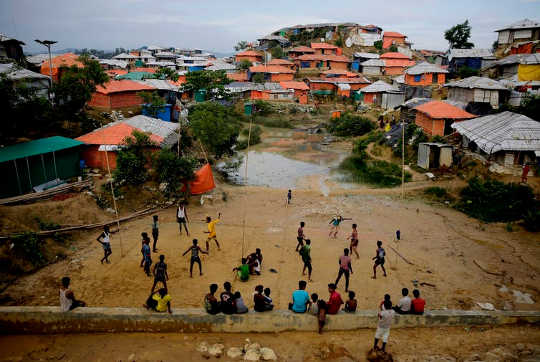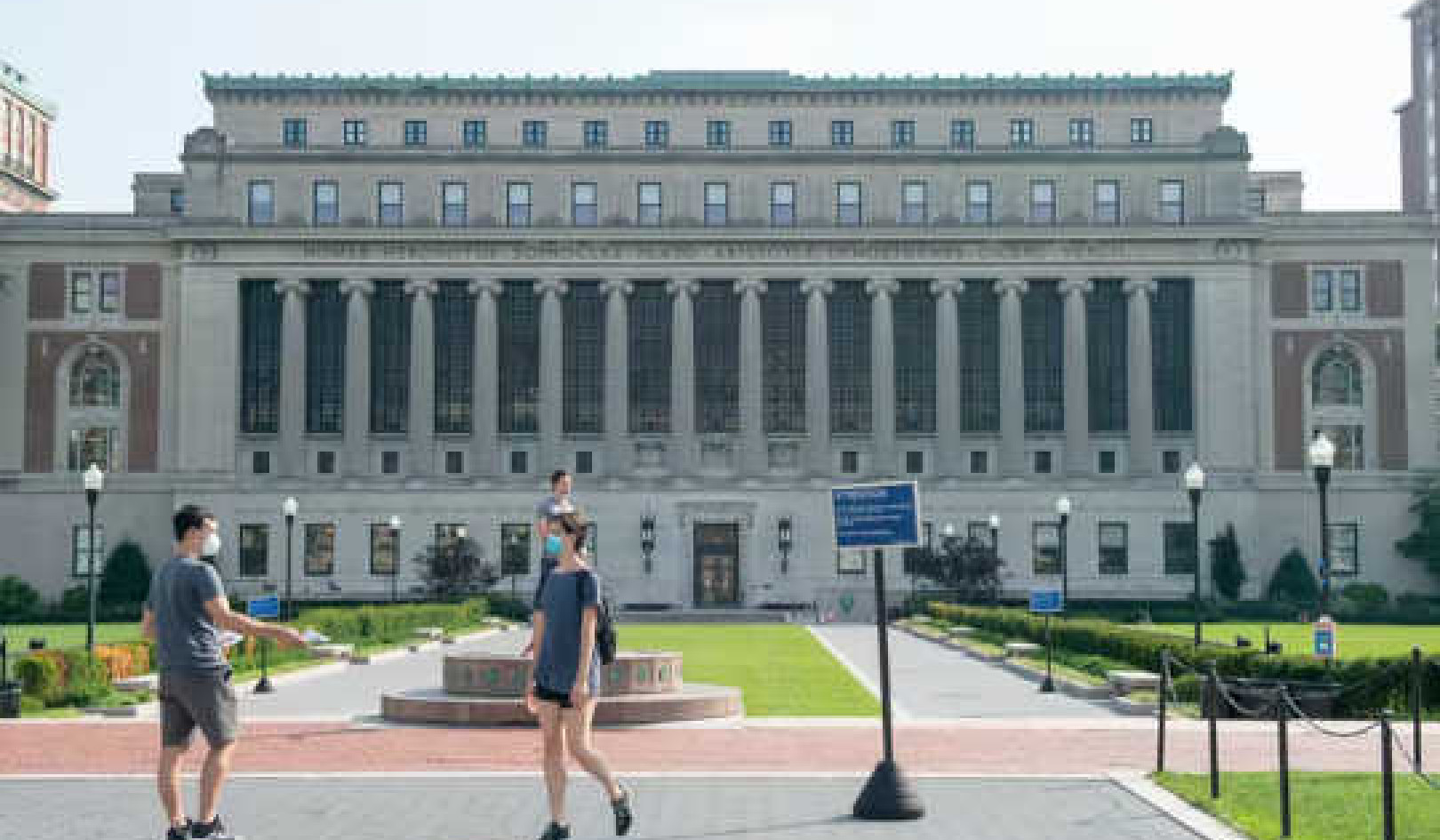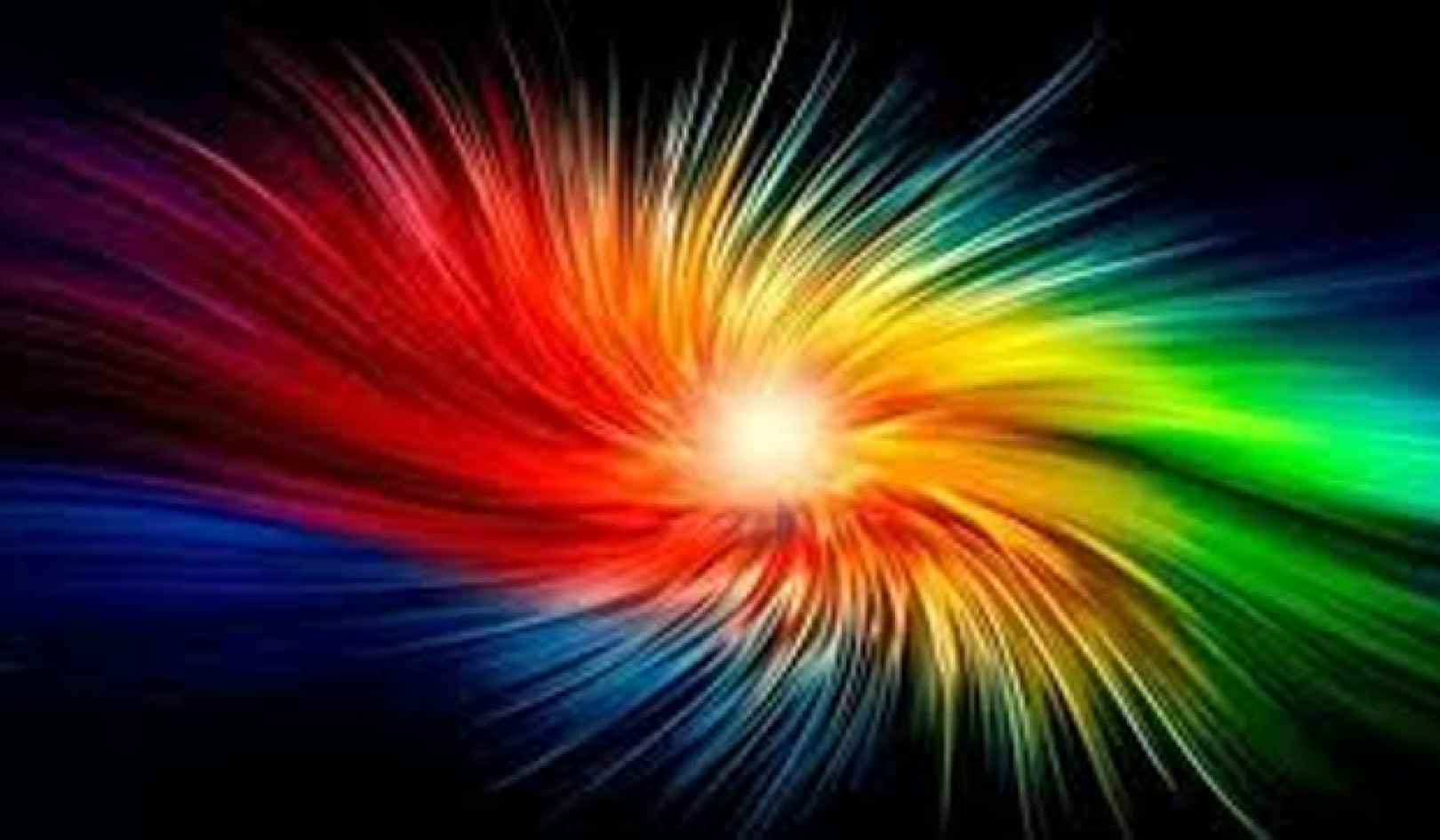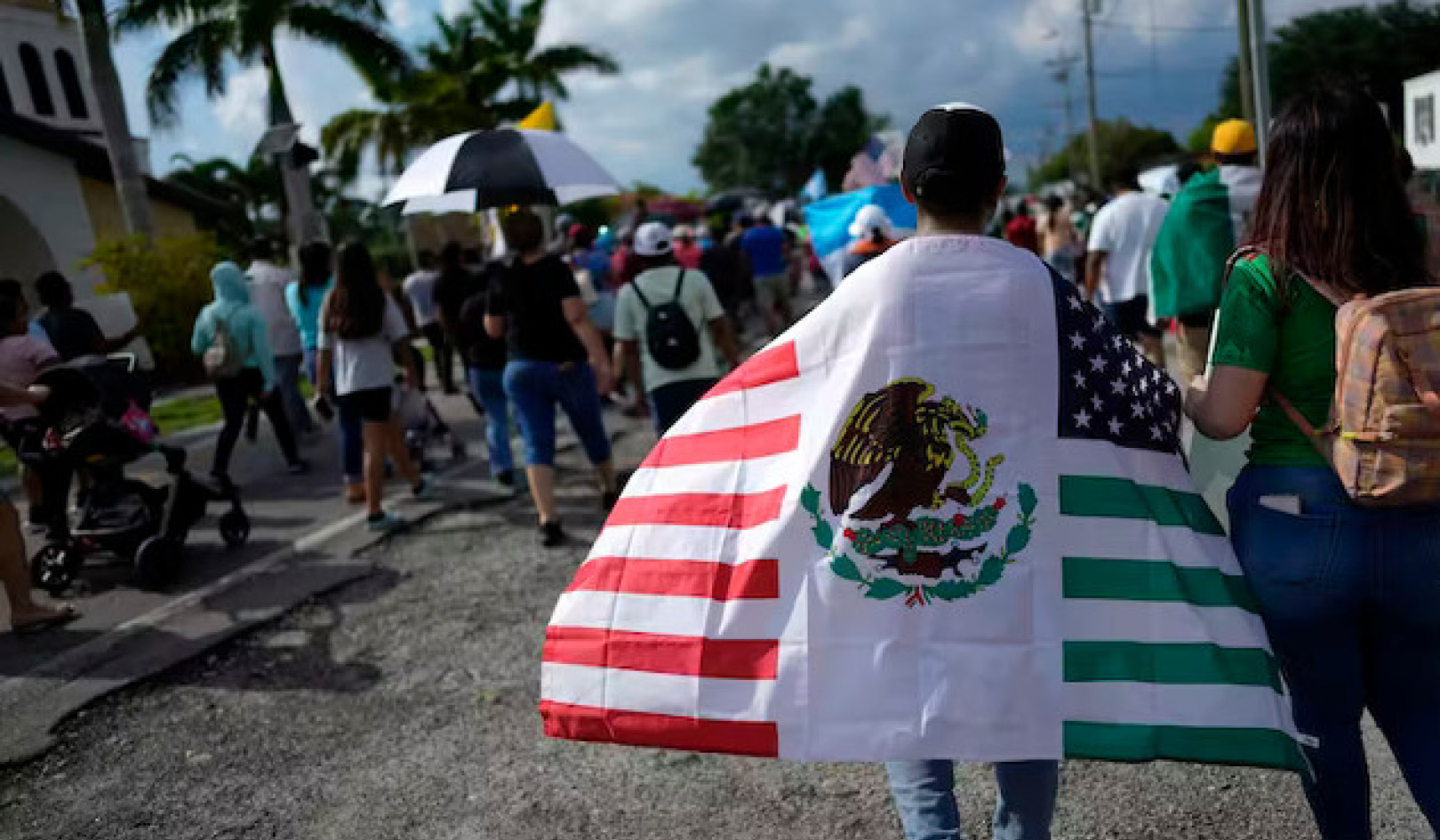
Sanctions are often readily called for, and assumed to be simply applied, when a country is deemed to have violated international law or behaved egregiously.
But in Canada, there’s a whole government machinery behind the scenes when it decides to impose sanctions on an offending country or against individuals.
In testimony in 2016 to the House of Commons Standing Committee on Foreign Affairs that was reviewing Canadian sanctions legislation, RCMP Superintendent Steve Nordstrum was asked about the priority given to investigating individuals who flout or ignore sanctions — known as “sanctions busters” — given the few number of prosecutions.
Nordstrum was direct: The priority of the RCMP is to prevent the loss of life and investigate terrorist acts that could lead to the loss of life. And while his response was entirely logical and appropriate, it still raised eyebrows.
That’s because it highlighted the mismatched expectations regarding the perceived “ease” of applying sanctions versus the many challenges of understanding what exactly sanctions are, how they are used, enforced, verified and, ultimately, the political ends they seek.
A lot of hopes, therefore, are pinned on the Canadian government’s announcement in its 2018 budget to allocate $22.2 million over the next five years to develop its sanctions policy, coordinate with international partners and provide guidance to Canadians with respect to sanctions obligations.
Where to start?
What to sanction
Canada is an enthusiastic supporter of economic sanctions. Sanctions are a tool of foreign policy used by countries like Canada to signal the need for a change in behaviour or policy with measures that stop short of force, such as banning the sale of weapons to countries like North Korea.
Canada currently applies sanctions to respond to international crises, violations of peace and security, gross violations of human rights or acts of significant corruption around the world.
With sanctions in place against 19 countries and al Qaida, the government has adopted new legislation (including the Sergei Magnitsky Law) to complement the many other related pieces of Canadian legislation to enable even more sanctions.
Canadian sanctions run the gamut from what are considered blunt sanctions targeting an entire state (such as an arms export ban to and import from Libya) to highly targeted sanctions against select individuals (such as against Venezuelans) and travel bans aimed, for example, at limiting the movement of al Qaida and associates.
Canada applies sanctions in compliance with international law when required by the United Nations Security Council, or when another international organization or association of which Canada is a member (such as the Organization of American States) calls on those members to take economic measures against a foreign state.
Additionally, Canada may apply discretionary sanctions unilaterally or with like-minded states; for example, in concert with the European Union.
From charcoal to diamonds
What is sanctioned can range widely from luxury goods to participation in diplomatic events and even bans on the import of diamonds, fish and charcoal.
The sanctions are in response to everything from unconstitutional changes in government (especially coups), violent conflict, human rights abuses and the proliferation of weapons of mass destruction.
There are also perennial “go-to” sanctions and targets of sanctions — for example, arms embargoes against African states. Increasingly, however, asset freezes are the most popular form of sanctions by Canada. Only one of the countries on Canada’s sanctions list — Lebanon —lacks an asset freeze or financial restrictions.
The sanctions list is not static, and there are more sanctions in progress, including a travel ban and asset freeze against individuals in Mali (required by the UN Security Council since 2017 but still lacking names to sanction ) and an arms embargo, asset freeze and technical assistance freeze against Myanmar.
 Rohingya refugees play at a refugee camp in Bangladesh in August 2018. Investigators working for the U.N.‘s top human rights body say Myanmar military leaders should be prosecuted for genocide against Rohingya Muslims. (AP Photo/Altaf Qadri)
Rohingya refugees play at a refugee camp in Bangladesh in August 2018. Investigators working for the U.N.‘s top human rights body say Myanmar military leaders should be prosecuted for genocide against Rohingya Muslims. (AP Photo/Altaf Qadri)
While seven additional names were added to the Myanmar sanctions in June 2018, more are certainly culpable of crimes against humanity of the Rohingya people.
Melding sanctions to foreign policy
Engaging in an overarching review of all of Canada’s sanctions and government legislation, therefore, is a bit like trying to change a tire while the car is still moving.
Sanctions challenges are myriad and not just about who to sanction and to what end. Questions about the role of sanctions in terms of Canada’s other foreign policy goals are also raised. Mali is a case in point.
With troops on the ground engaged in Operation Presence, Canada has yet to apply sanctions against Mali because it lacks names to target. Are Canadian soldiers expected to help identify the names of individuals for the UN’s travel ban and asset freeze?
Conversely, if names are announced by the UN, could that compromise the work of Canadian Armed Forces in unintended ways? And what if an arms embargo is added to sanctions against Mali? Would the UN face a similar dilemma as NATO did with Libya in 2011, when some countries called for a blanket arms embargo to be lifted in order for “friendly” rebels to have access to arms, but not the Libyan government?
What’s more, the government hasn’t had the luxury of considering new ways to sanction other than adopting additional legislation to sanction more targets. Perhaps “assets” should include what are increasingly becoming more valuable, like cryptocurrencies, data or even access to social media.
Real estate concerns
Facebook, for example, has frozen the accounts of key military leaders in Myanmar. Should Canada support or distance itself from this move and could it do so in a uniquely Canadian context?
Then there’s the matter of real estate in Canada. Should the sale/transfer of property also be matched against sanctions lists (which the new consolidated UN and Canadian Autonomous Sanctions List makes easier)? This would likely require that real estate agents be specially trained to spot sanctions-busting, and it raises questions about whether it’s fair to ask agents to take that on.
Technically, everyone in Canada, and Canadians abroad, are required to provide the RCMP with information pertaining to property that could belong to anyone on a sanctions list, it’s not clear if they’re aware of this responsibility. Is it something best left to banks or the media?
We must also evaluate what’s the true cost and burden on Canadian banks and businesses that are largely in the front lines in terms of ensuring that sanctions are not circumvented either intentionally or unintentionally. And what is the cost if Canada chooses not to sanction in concert with other countries?
Tariffs as sanctions?
Further still, given the acrimonious relations with the U.S. these days, the federal government should assess at what point trade sanctions — tariffs tied to a trade agreement — or indeed, extreme difficulties negotiating a trade deal, become economic sanctions by dint of their costs and wider political goals.
Finally, what are the consequences when Canada becomes the target of sanctions, as has been the case recently by Saudi Arabia, and in the past by Indonesia and threatened sanctions by the Arab League.
Sanctions help countries speak simultaneously to both domestic and international audiences, which may account for their popularity, but their record of effectiveness in terms of bringing about foreign policy changes is poor.
Additional sanctions against Canada, however, are likely given the changing world order, the rise of nationalism around the world and the grassroots popularity of sanctions. Maybe the question should be: Is $22.2 million enough to develop a meaningful sanctions policy for Canada?![]()
About The Author
Andrea Charron, Associate Professor and Director of the Centre for Defence and Security Studies, University of Manitoba and Cristina Aliu, Research Assistant, University of Manitoba
This article is republished from The Conversation under a Creative Commons license. Read the original article.
Related Books
at InnerSelf Market and Amazon























